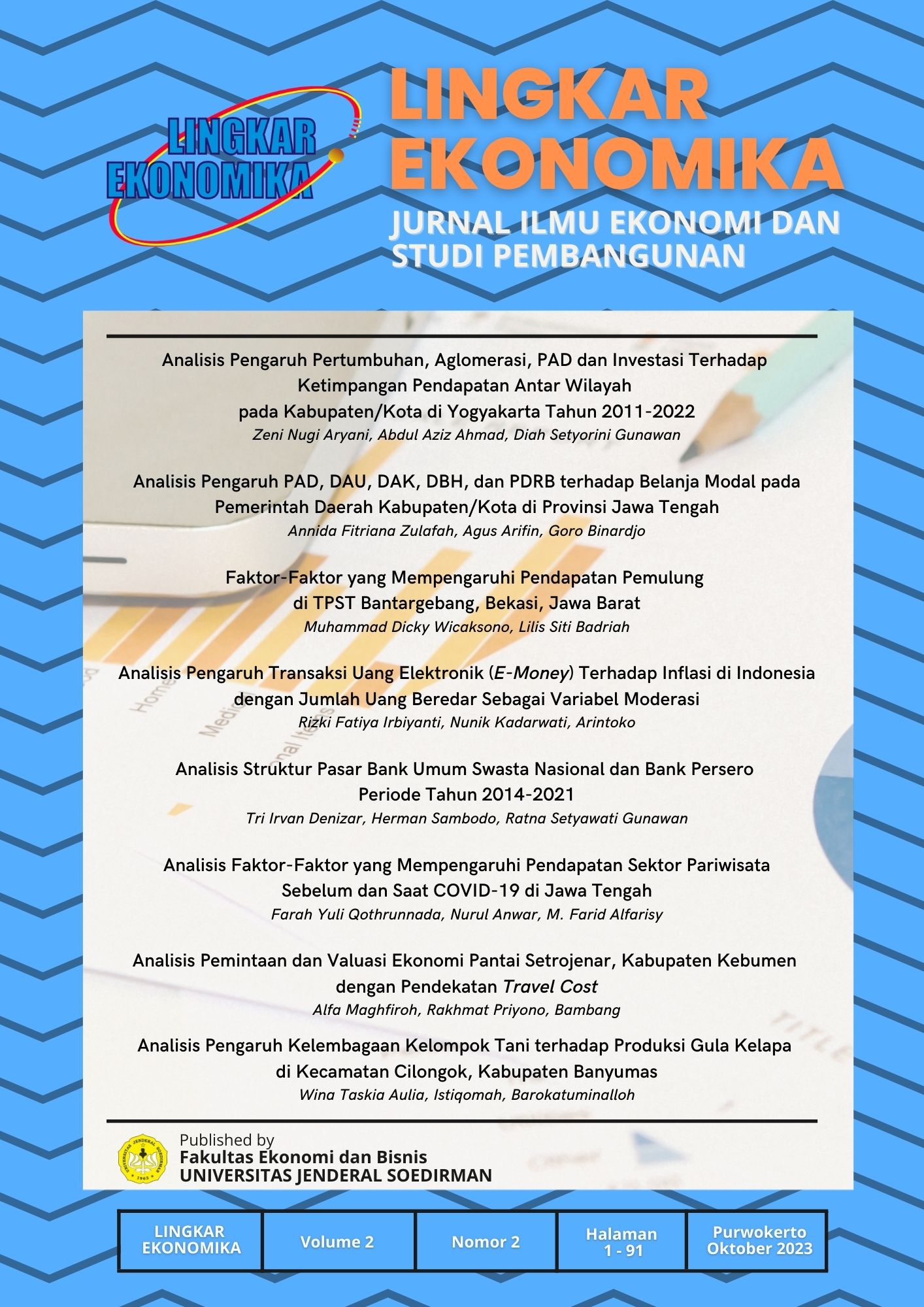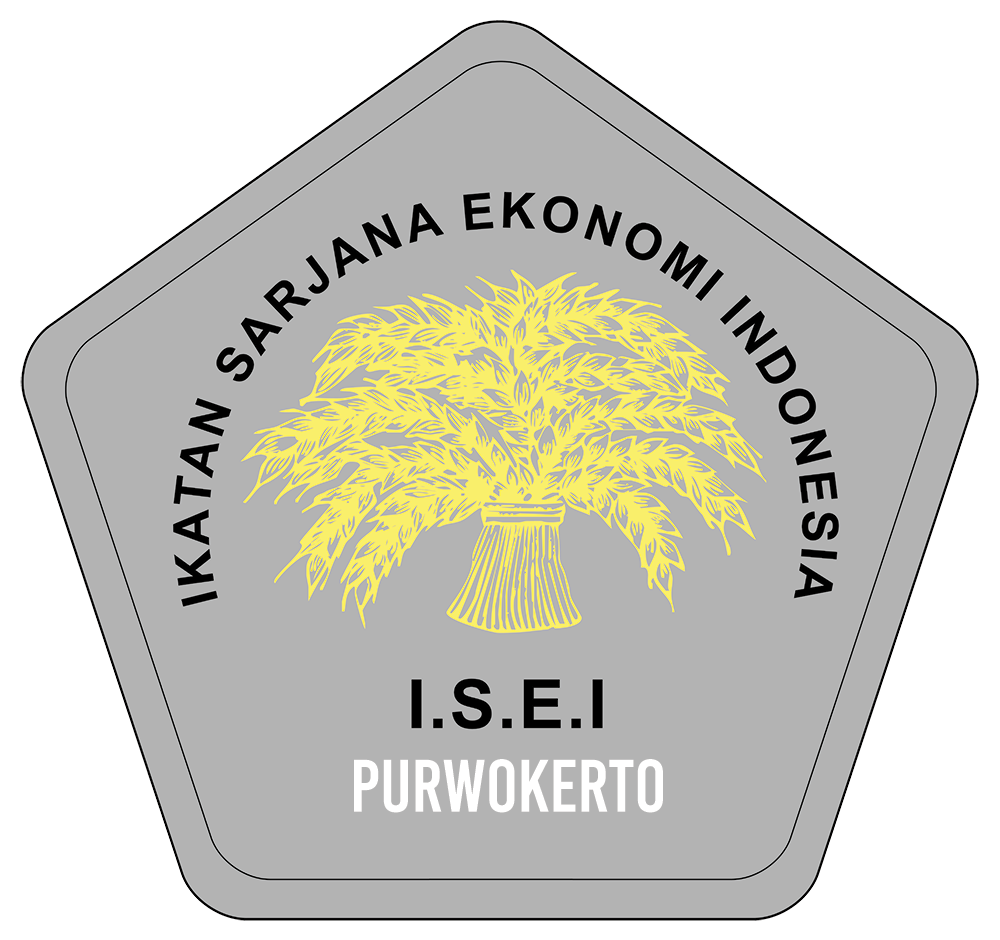Analisis Pengaruh Transaksi Uang Elektronik (E-Money) Terhadap Inflasi di Indonesia dengan Jumlah Uang Beredar Sebagai Variabel Moderasi
Abstract
Non-cash payments in recent years have been in great demand by the public because they are more practical and safe and one of the main factors is the encouragement from the government regarding the National Non-Cash Movement (GNNT). One of the non-cash payments that is currently trending in society is Electronic Money (E-Money). The encouragement of using e-money increases people's purchasing power so that it can affect price increases. The use of e-money will lead to the creation of demand deposits. One of the main factors causing inflation is the increasing amount of money in circulation. This study aims to analyze the effect of e-money volume, e-money nominal, and the amount of money in circulation on inflation in Indonesia. This type of research is a quantitative research. The data used in this study are monthly time series data in the 2016-July 2020 timeframe, as well as secondary data sourced from the Central Bureau of Statistics and Bank Indonesia. The data analysis technique used in this study is Autoregressive Distributed Lag (ARDL). The results of this study are: (1) The e-money volume variable has a positive and significant effect on inflation and this effect requires a one-month lag. (2) The nominal e-money variable has a negative and significant effect on inflation and this effect requires a one-month lag. (3) The money supply variable (M1) has a positive and significant effect on inflation (4) The e-money variables, electronic money nominal and money supply together have a significant effect on inflation. (5) The money supply variable is capable of moderating, namely strengthening the effect of the e-money volume variable on inflation and the moderating effect requires a one-month lag. (6) The variable amount of money in circulation is capable of moderating, namely weakening the effect of the nominal variable of electronic money on inflation and the moderating effect requires a one-month lag.











